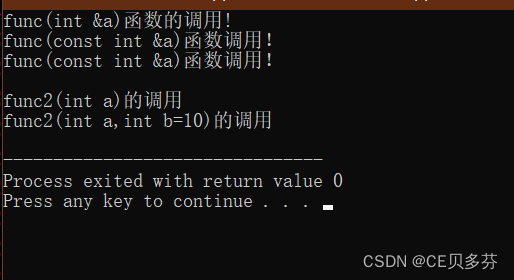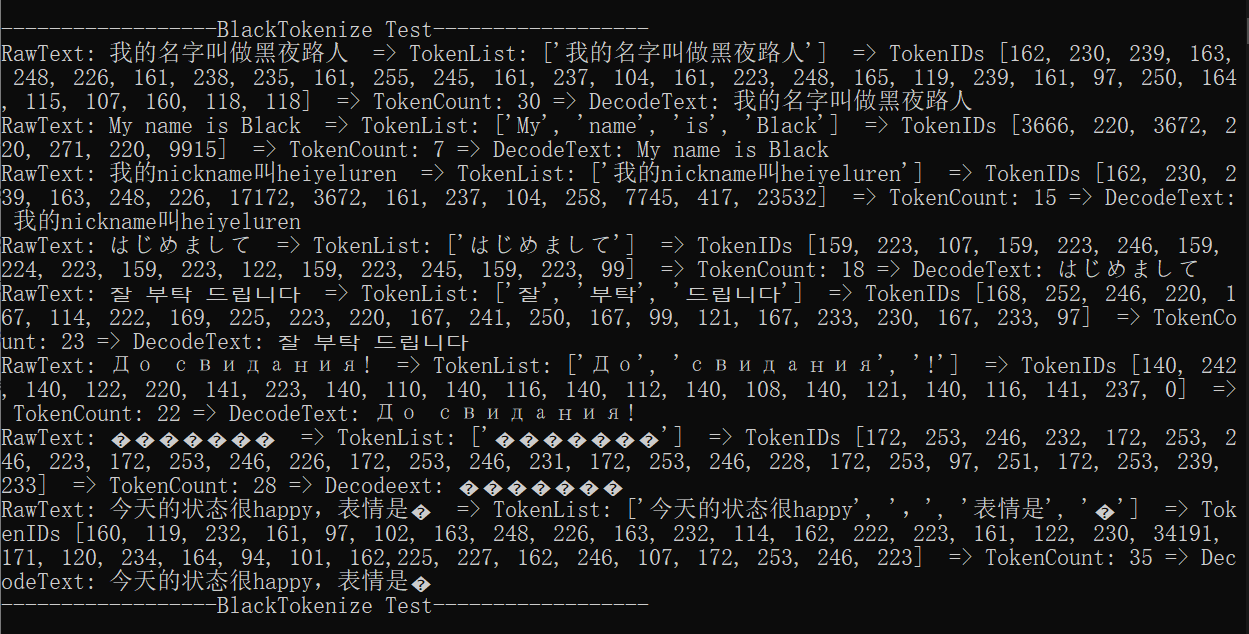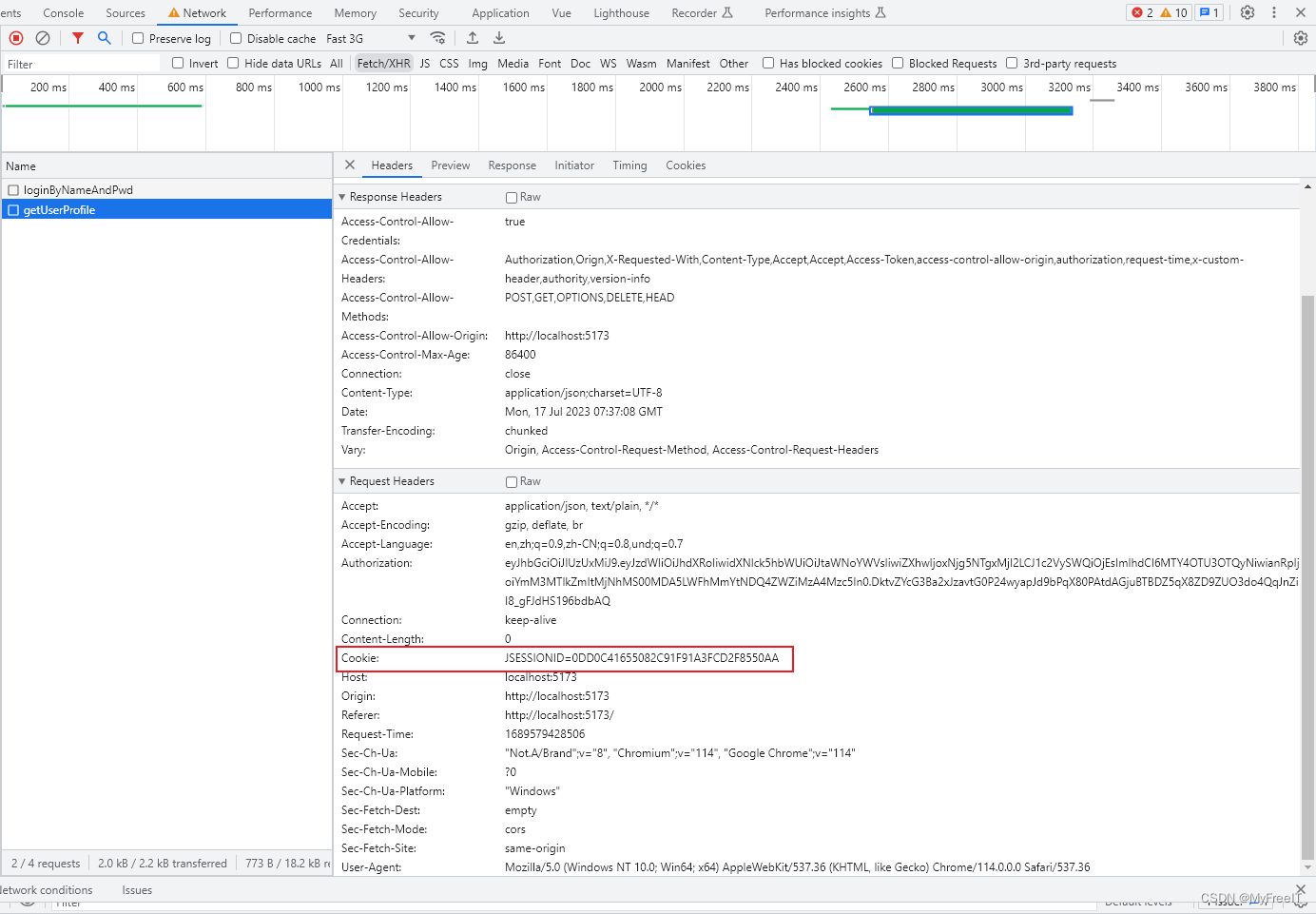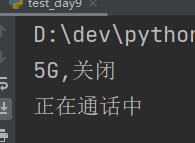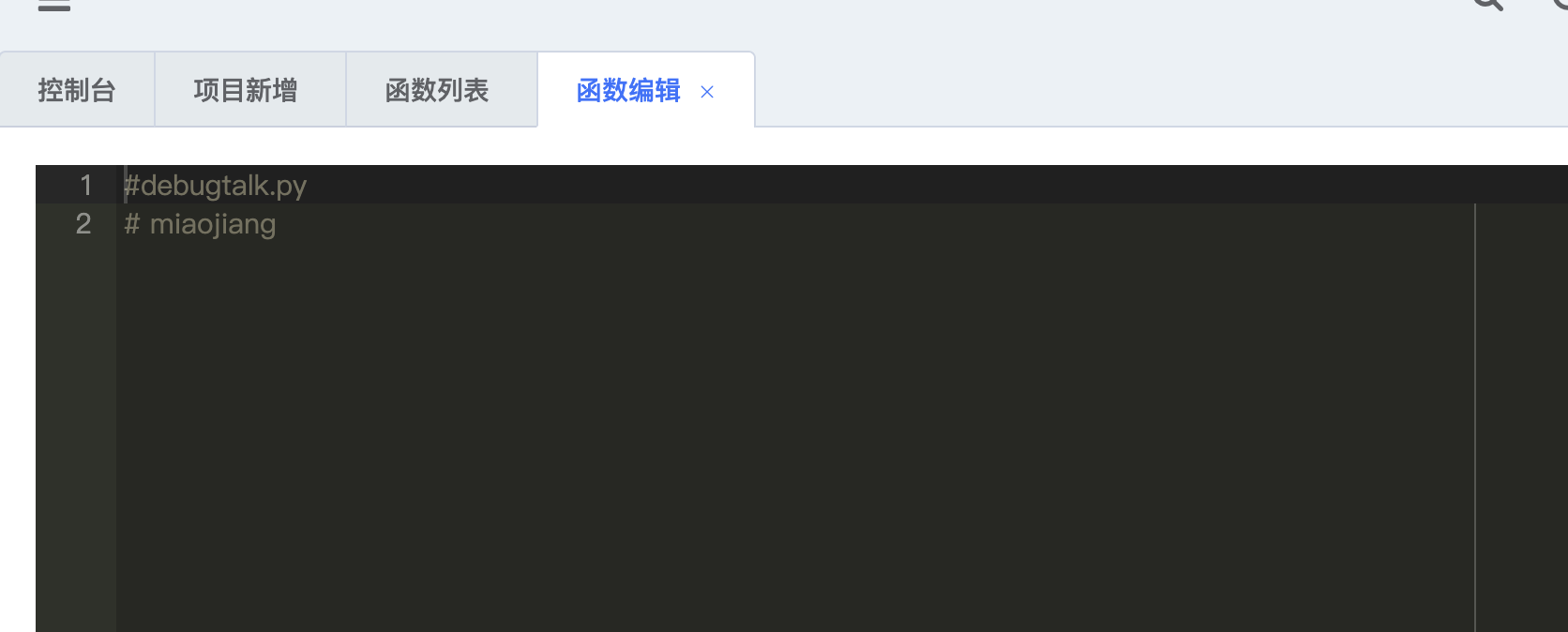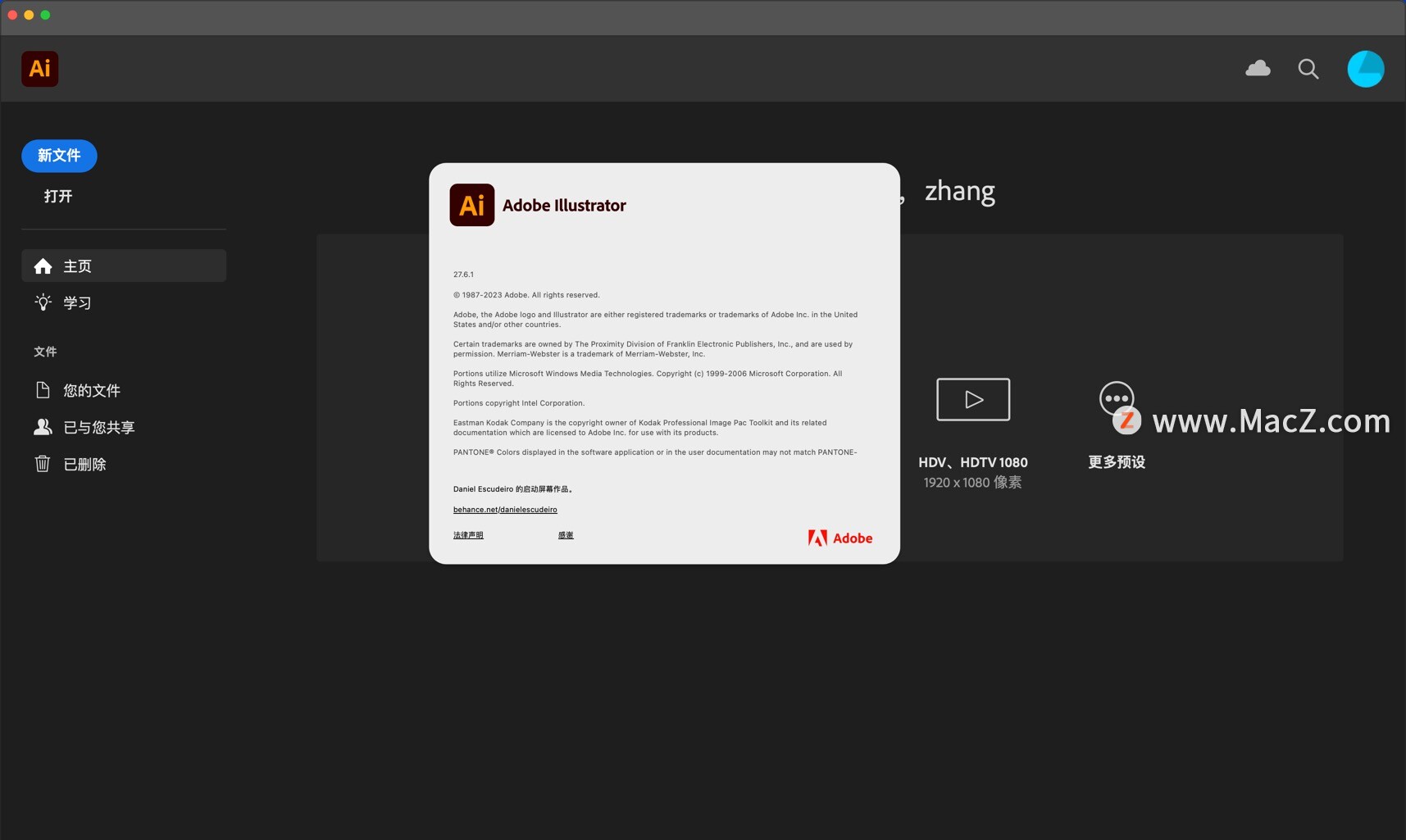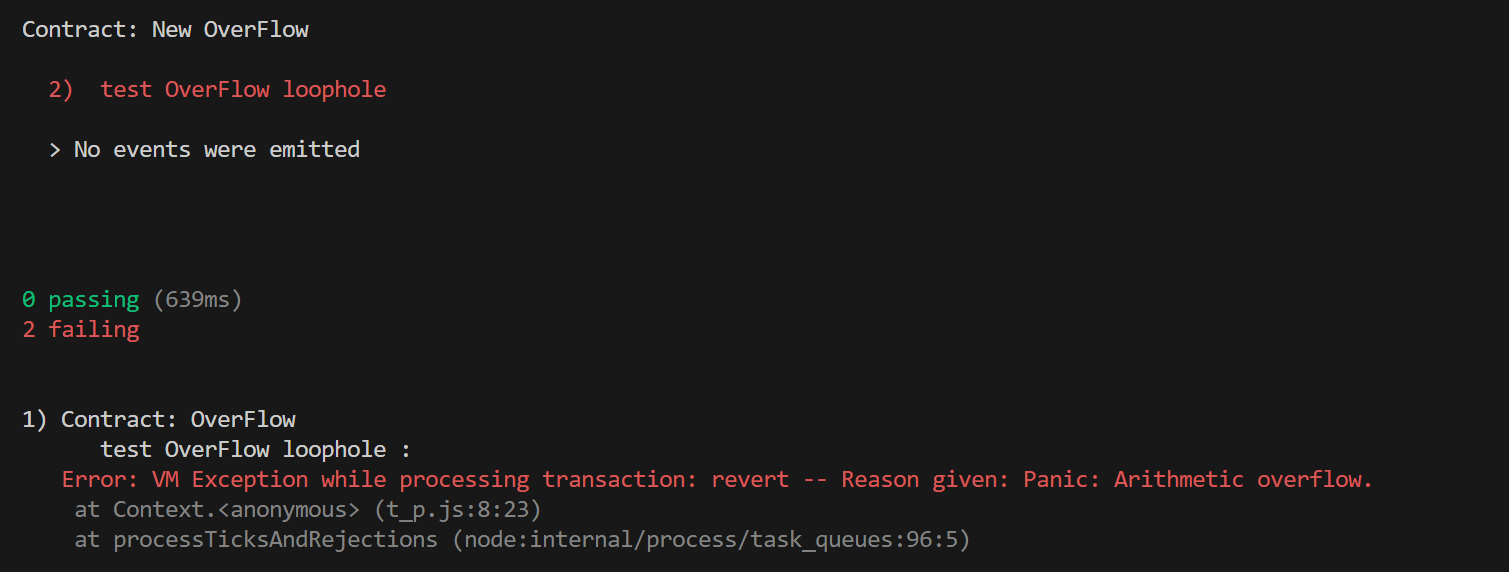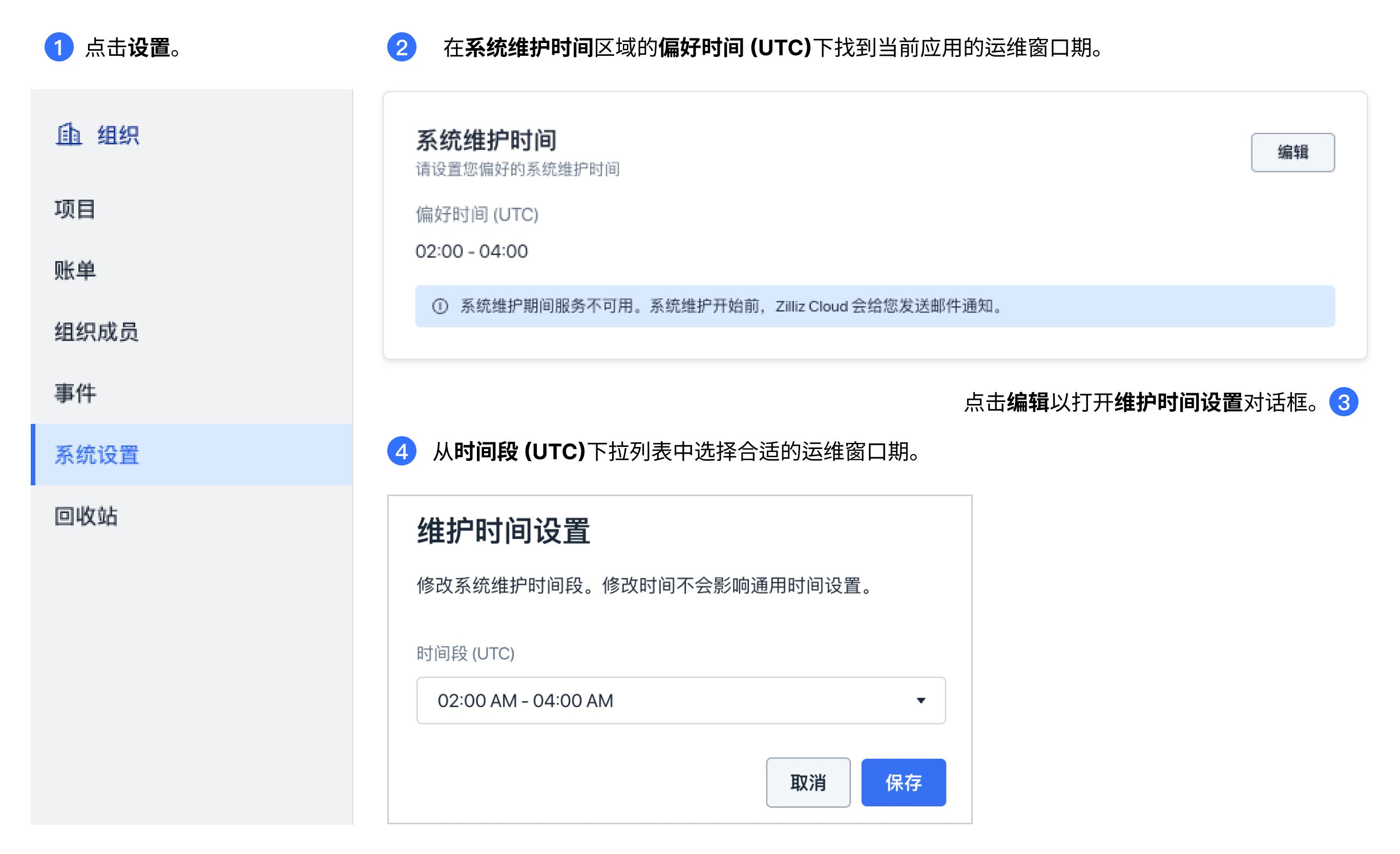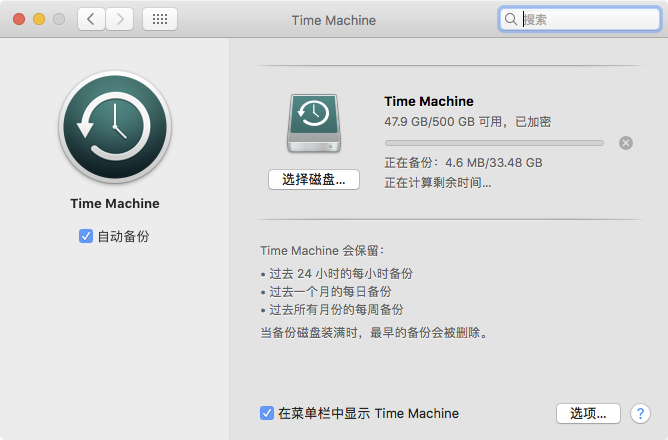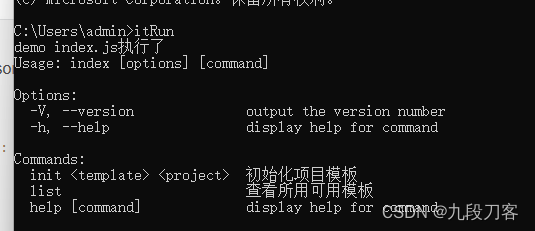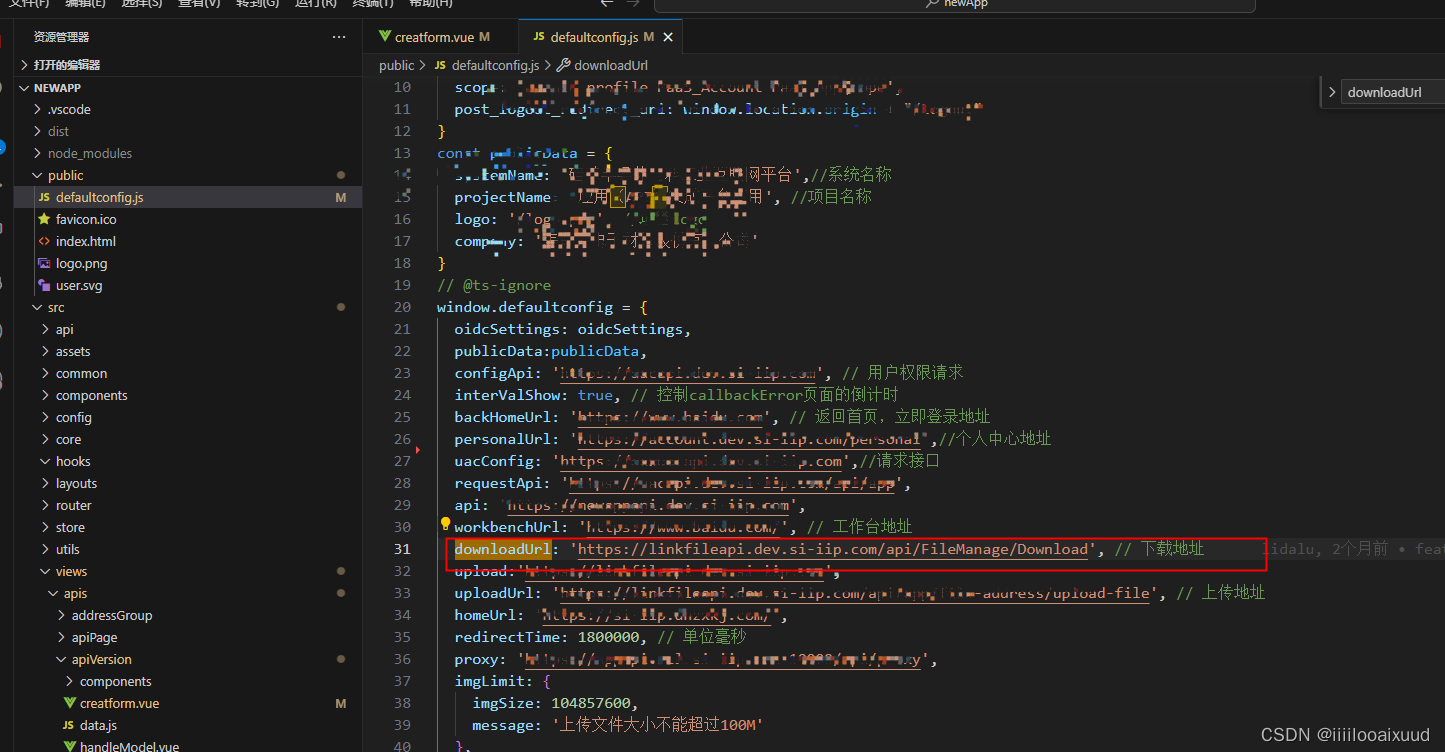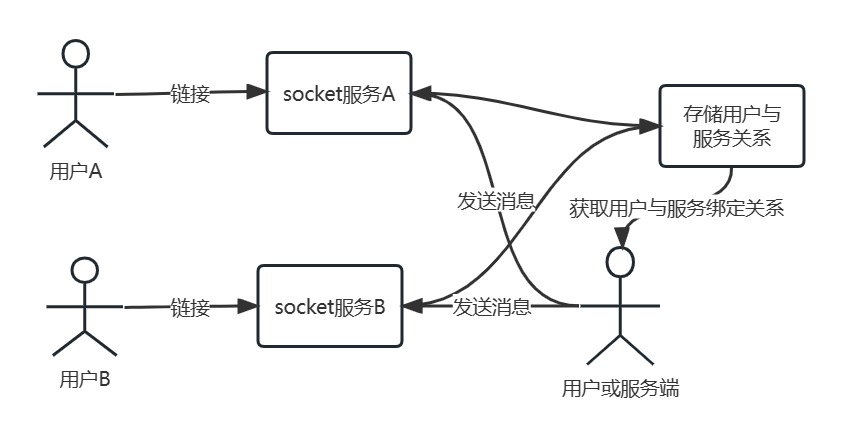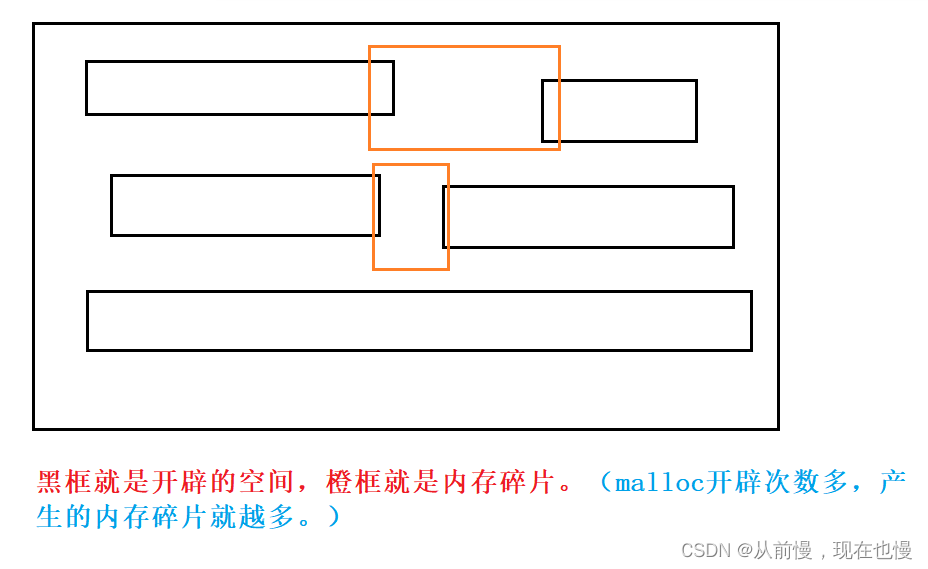目录
一、函数的默认参数
二、函数占位参数
三、函数重载
四、函数重载-注意事项
一、函数的默认参数
在C++中,函数的形参列表中的形参是可以有默认值的
语法:返回值类型 函数名 (参数=默认值){}
示例1:
#include<iostream>
using namespace std;
// 函数的默认参数
int func(int a,int b,int c)
{
return a+b+c;
}
int main()
{
func(10,20);
return 0;
}错误显示:
传入参数少。

示例2:
#include<iostream>
using namespace std;
// 函数的默认参数
int func(int a,int b=20,int c=30)
{
return a+b+c;
}
int main()
{
cout<<func(10)<<endl;;
return 0;
}运行结果:
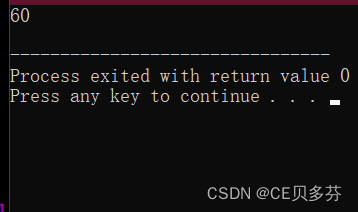
示例3:
#include<iostream>
using namespace std;
// 函数的默认参数
// 如果我们自己传入数据,就用自己的数据,如果没有,那么就用默认值
int func(int a,int b=20,int c=30)
{
return a+b+c;
}
int main()
{
cout<<func(10,40)<<endl;;
return 0;
}运行结果:
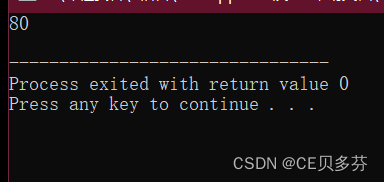
注意事项:
// 1. 如果某个位置参数有默认值,那么这个位置往后,从左往右,必须有默认值
// 2. 如果函数声明有默认值,函数实现的时候就不可以有默认参数(声明和实现只有一个有默认参数)
示例:
#include<iostream>
using namespace std;
// 函数的默认参数
// 如果我们自己传入数据,就用自己的数据,如果没有,那么就用默认值
int func(int a,int b=20,int c=30)
{
return a+b+c;
}
int func2(int a=10,int b=10);
int func2(int a,int b)
{
return a+b;
}
int main()
{
cout<<func(10,40)<<endl;
cout<<"func2="<<func2()<<endl;
return 0;
}运行结果:

二、函数占位参数
C++中函数的形参列表可以有占位参数,用来做占位,调用该函数时必须填补该位置
语法:返回值类型 函数名 (数据类型){}
void func (int a, int) // 第二个参数就是占位用的
func(10,10);// 必须传入参数才可以调用该函数
示例:
#include<iostream>
using namespace std;
// 占位参数
void func(int a,int)
{
cout<<"this is a func"<<endl;
}
// 占位参数也可以有默认值
void func2(int a,int =20)
{
cout<<"this is a func2"<<endl;
}
int main()
{
func(10,40);// 占位参数必须填补
func2(10);
return 0;
}运行结果:
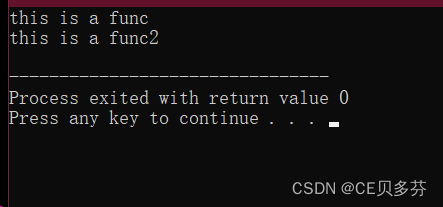
三、函数重载
作用:函数名可以相同,提高复用性
函数重载要满足的条件:
- 同一个作用域下
- 函数名称相同
- 函数参数类型不同,或者 个数不同,或者顺序不同
注意:函数的返回值不可以做为函数重载的条件,有默认参数的情况也不可以
示例:
#include<iostream>
using namespace std;
// 函数重载
void func()
{
cout<<"func函数的调用!"<<endl;
}
void func(int a,int b=10)
{
cout<<"有参数的func函数调用!"<<endl;
}
void func(double a)
{
cout<<"有参数且参数类型与上一个不同的func函数调用"<<endl;
}
void func(int a,double b)
{
cout<<"func(int a,double b)的调用"<<endl;
}
void func(double a,int b)
{
cout<<"func(double a,int b)的调用"<<endl;
}
// 注意事项
// 函数的返回值不可以作为函数重载的条件
/*int func(double a,int b)
{
cout<<"func(double a,int b)的调用"<<endl;
}*/
int main ()
{
func();
func(10);
func(3.14);
func(10,3.14);
func(3.14,10);
return 0;
}运行结果:

四、函数重载-注意事项
- 引用作为重载条件
- 函数重载碰到函数默认参数
#include<iostream>
using namespace std;
// 函数重载的注意事项
//1、引用作为重载的条件
void func(int &a)
{
cout<<"func(int &a)函数的调用!"<<endl;
}
// 两个函数的区别是参数类型不同
void func(const int &a)
{
cout<<"func(const int &a)函数调用!"<<endl;
}
// 函数重载碰到默认参数的情况
void func2(int a)
{
cout<<"func2(int a)的调用"<<endl;
}
void func2(int a,int b=10)
{
cout<<"func2(int a,int b=10)的调用"<<endl;
}
int main ()
{
int a=10;
const int b=10;
func(a); // 传入一个变量的时候默认是没有const执行
func(b);
func(10);// 传入一个常量或者const修饰的变量执行的是有const修饰的函数
cout<<endl;
//func2(10);// 有默认值的时候两个函数都可以使用,有歧义,避免这样设置
func2(10);// b没有默认值的时候可以使用
func2(10,20);// 这样就很明确,即使有默认参数也不影响函数的调用
return 0;
}运行结果:
